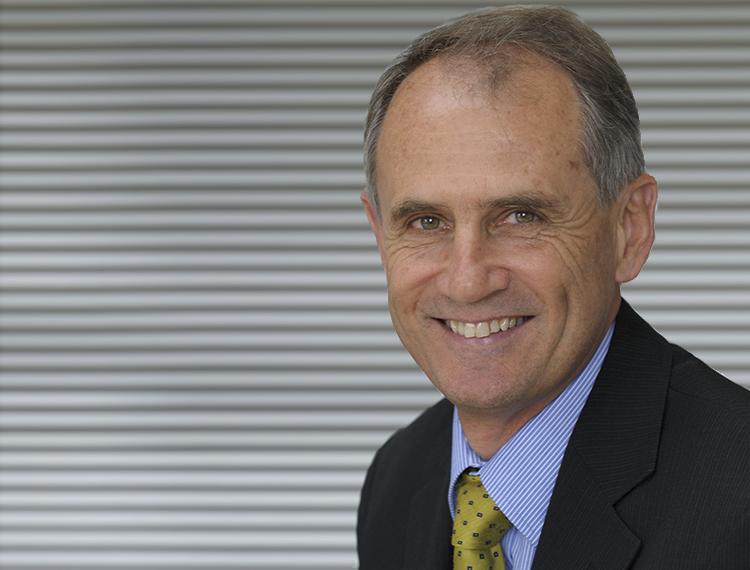Creating an environment that develops confident students

In 2018 and into the future, we need an education which aims to develop students as confident and adaptable individuals, comfortable and assured in their own skin. With a whole array of social media often dominating children’s lives, potentially undermining individuality and self-esteem, how can we ensure young people develop to be assertive and independent-minded? And how can schools create an environment that fosters students’ confidence, encourages tolerance and celebrates the individual?
Providing opportunities
There are many tactics and approaches to teaching and learning that can be used to create an environment that encourages individuality.
Extra-curricular activities, for example, play an important role. Schemes like Duke of Edinburgh help build leadership qualities, communication and team work, but there is also an element of overcoming challenge which helps to build confidence. Students must be given as many opportunities as possible to broaden their horizons and find the individual things they enjoy doing and are good at, too. This can happen on the playing field, in the library or during a science experiment, and the best teachers help this by nurturing individual interests, talents or skills.
At ACS, we’re also breaking away from ‘Gifted and Talented’ programmes, as this can be another label that stigmatises children – it’s either a burden which they are expected to fulfil or neglectful of those not deemed ‘talented’. No generalising labels like this help young people feel confident in their individual skills, qualities or traits.
Celebrating individuality
To create an environment which encourages individualism and nurtures children’s’ confidence, teachers must recognise that every child has an arena in which they excel. As the head of an international school, I see day-to-day how a culture of tolerance helps students to appreciate people as individuals, and their respective talents and gifts.
We discuss the concepts of failure, resilience and ‘growth mindsets’ with students in class and at some assemblies, and have follow-up sessions as part of a pastoral programme. Students learn that nobody is perfect, it’s ok to ask for help, and how to embrace challenges as opportunities. We help students to understand that failing is just as important as succeeding, if not more so.
Letting them make mistakes whilst we boost their spirits instils over time a can-do attitude, a strong sense of self-belief and the realisation that school is a good place to try things out.
Riya, an ACS scholar student, who joined after leaving a British school says:
“At ACS, I’ve been actively encouraged to share my culture in class and with the community. For example – my sister and I have long practised traditional Indian dancing, within six months of joining the school, I had already given a performance in assembly. I don’t think anyone even knew that I did that at my old school.”
Making us less uniform
Wearing a uniform actively inhibits young people to express their individuality. There is no intrinsic value between the clothes you wear and the achievements you might make in anything at all, and at ACS we don’t wear a uniform as a philosophical point. What identifies us is the ethos we create, not the uniform we wear.
Imposing a uniform seems counter-intuitive to everything we are teaching in our schools today about respecting each other, celebrating diversity and equality and developing confidence to express who you are. The more multicultural, fast-paced and global our world becomes, the more young people need to be able to integrate and work effectively with others who look, dress and behave differently to you, too.
At the end of the day, we must all aim to celebrate each students’ individuality and develop their natural levels of confidence – being the captain of the sports team or taking the starring role is commendable but it is not the only thing! And by creating an atmosphere of acceptance, mutual respect and promoting empathy, schools can help students become quietly and comfortably confident, adaptable and self-assured individuals who will take their global-citizenship responsibilities seriously.
Tony Eysele, Head of ACS Cobham International School












Responses